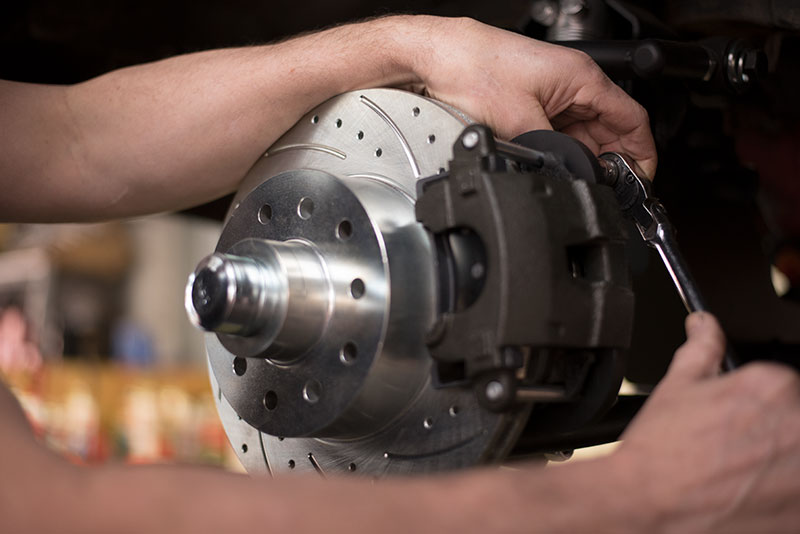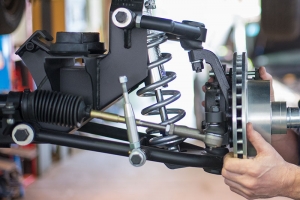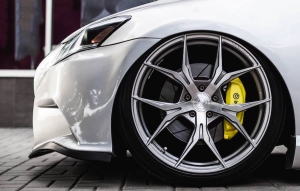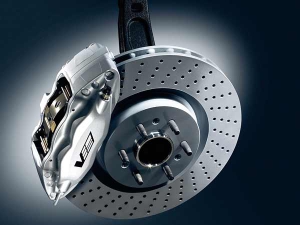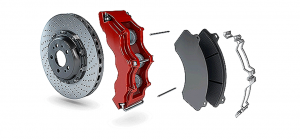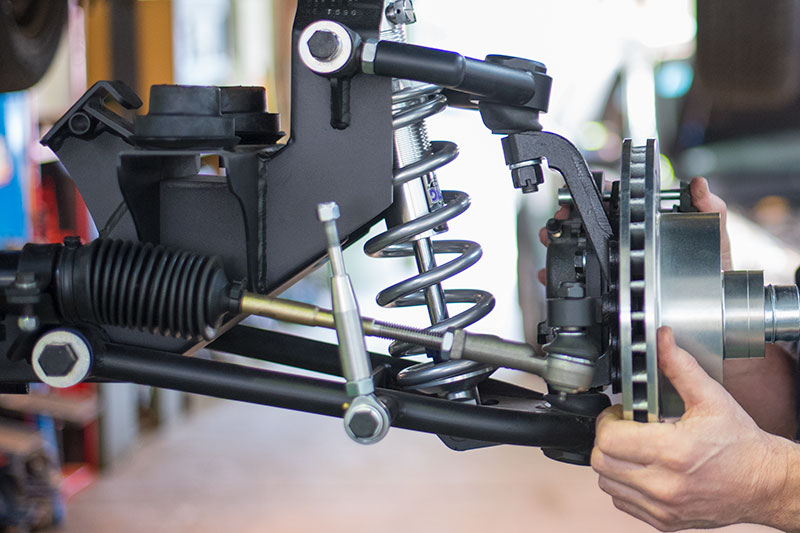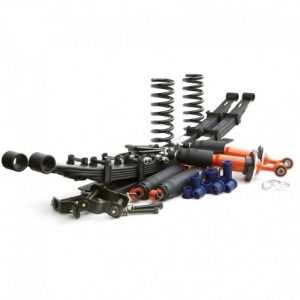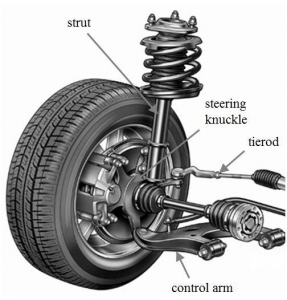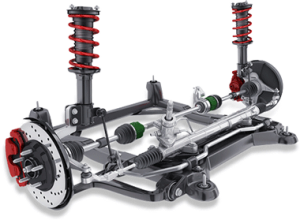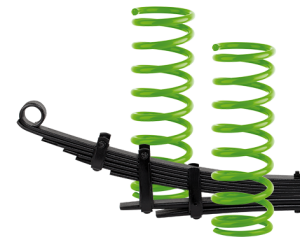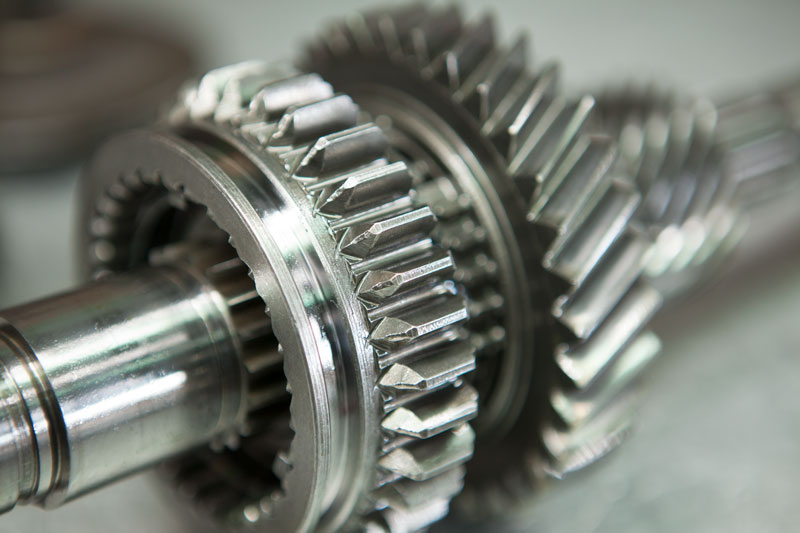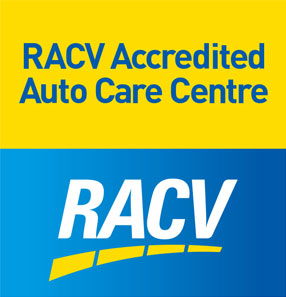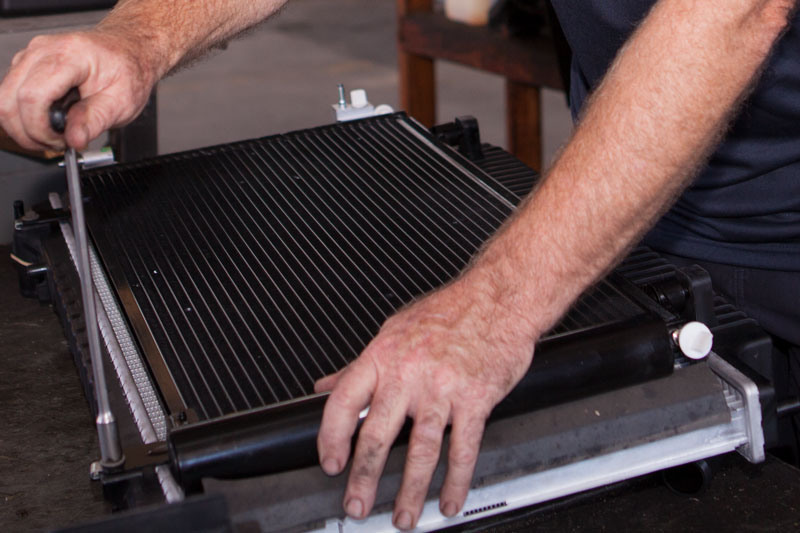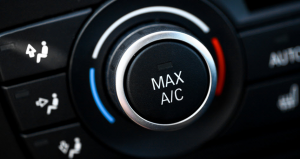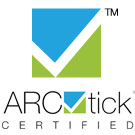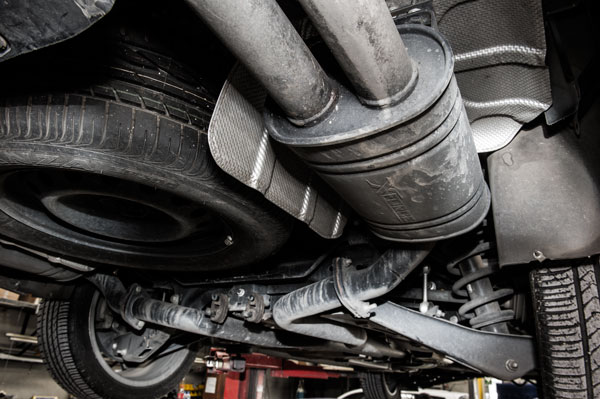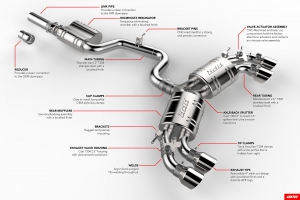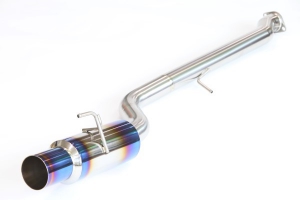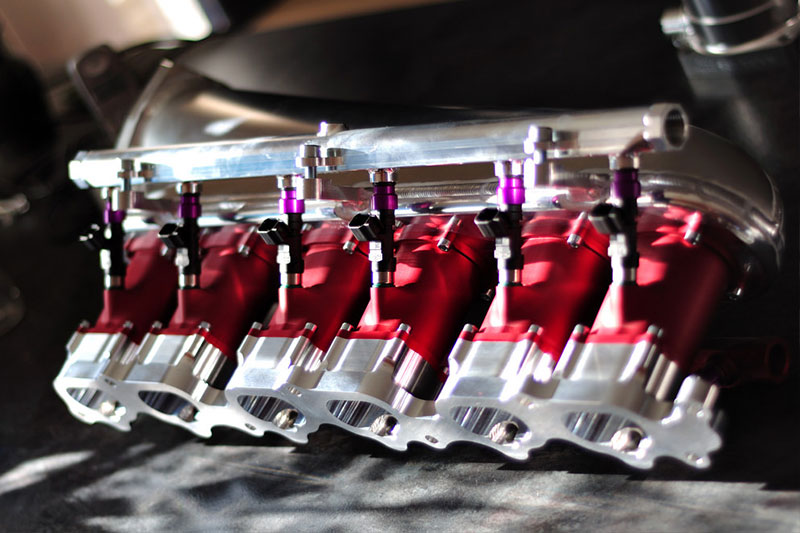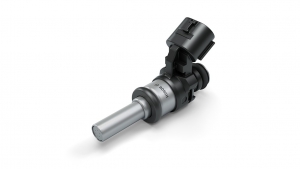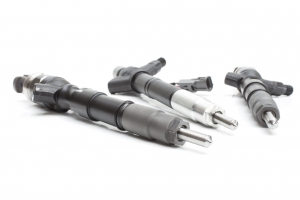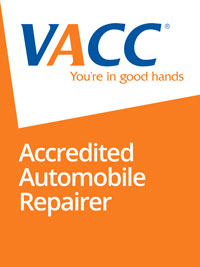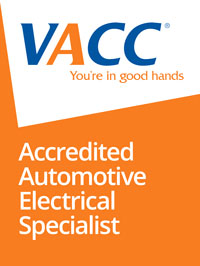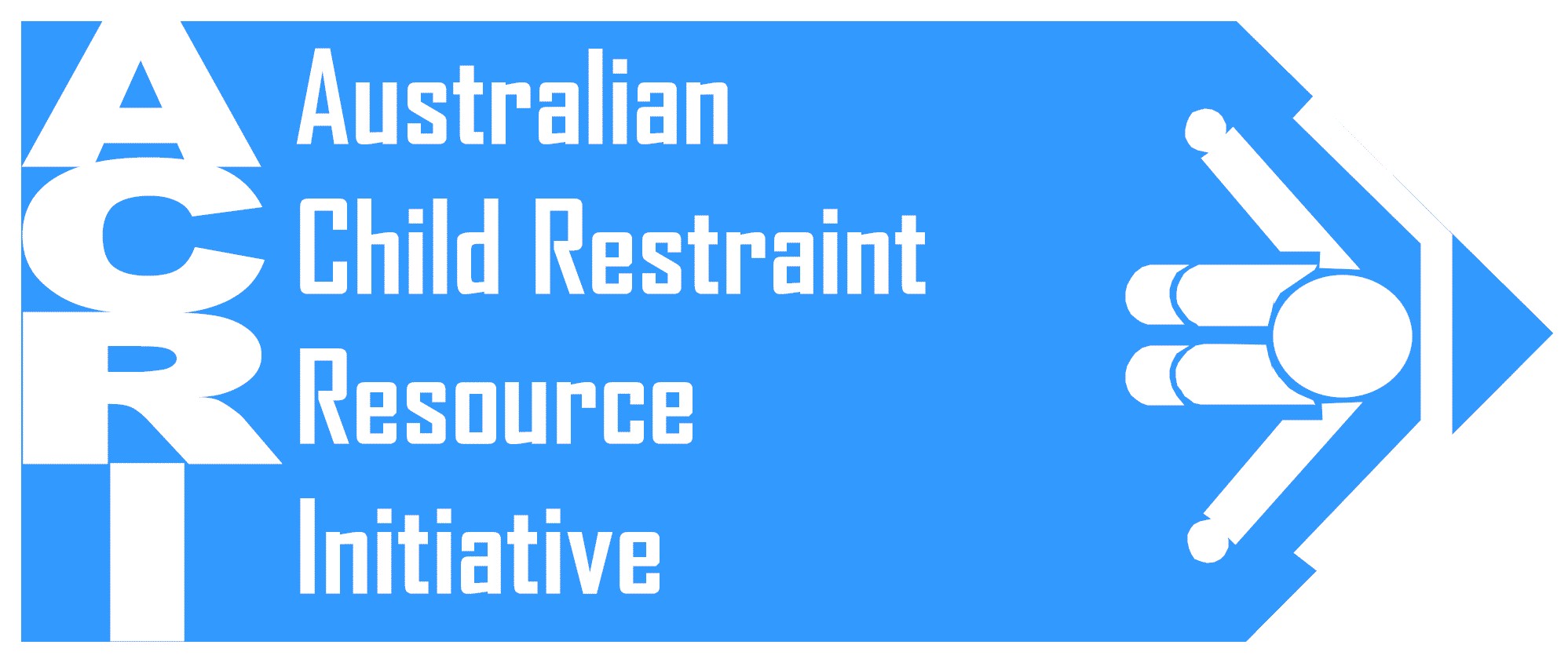Brake Repairs
Your vehicle’s brakes are your most important safety feature, but often don’t get the regular checks and servicing they need to maintain efficiency. Poorly maintained brakes can often make the difference between an emergency stop and an accident.
Close to Berwick railway station & Public Transport & Shops
RACV Accredited …VACC A Grade….Green Stamp Accredited
We can provide a full suite of services for your vehicle’s brakes, covering servicing and replacement of your system’s brake pads, discs drums and hydraulic lines, all to restore your vehicle’s lost stopping power.
We stand strong on our commitment to help people drive safe in our community, and that process begins with us helping to make sure we take great care in approaching the condition & safety of your vehicle’s braking system. We won’t cut corners when it comes to your safety.
As your brake parts are used repeatedly while driving, even during normal use, those parts may start to wear irregularly, seize up, or you may begin to get less-than optimal performance out of their use. After a brief inspection, we’ll be able to measure the wearable parts in your braking system, and possibly head-off much more costly repairs.
About Disc Brakes
 On a disk brake, the fluid from the master cylinder is forced into a caliper where it presses against a piston. The piston, in-turn, squeezes two brake pads against the disk (rotor), which is attached to the wheel, forcing it to slow down or stop. Unfortunately, the most common disc brake failure occurs when we neglect our brakes, and fail to get even the most basic brake check done regular enough, leading to caliper failure, or worse – hydraulic fluid leaks which can make you “lose your pedal” completely.
On a disk brake, the fluid from the master cylinder is forced into a caliper where it presses against a piston. The piston, in-turn, squeezes two brake pads against the disk (rotor), which is attached to the wheel, forcing it to slow down or stop. Unfortunately, the most common disc brake failure occurs when we neglect our brakes, and fail to get even the most basic brake check done regular enough, leading to caliper failure, or worse – hydraulic fluid leaks which can make you “lose your pedal” completely.
About Drum Brakes
 A drum brake is a brake that uses friction caused by a set of shoes or pads that press outward against a rotating cylinder-shaped part called a brake drum. The term drum brake usually means a brake in which shoes press on the inner surface of the drum. This style of braking system is generally only used on the two rear wheel, when it’s used at all. (Many vehicles utilize 4-Wheel Disc Brakes) Because there are more moving parts associated with this type of brake, you may not need to service it as often, but when you do, it’s most often a “complete” brake system overhaul.
A drum brake is a brake that uses friction caused by a set of shoes or pads that press outward against a rotating cylinder-shaped part called a brake drum. The term drum brake usually means a brake in which shoes press on the inner surface of the drum. This style of braking system is generally only used on the two rear wheel, when it’s used at all. (Many vehicles utilize 4-Wheel Disc Brakes) Because there are more moving parts associated with this type of brake, you may not need to service it as often, but when you do, it’s most often a “complete” brake system overhaul.
About Brake Fluid Flushes
 Car manufacturers have begun to come around to adding brake fluid exchange as a part of normal maintenance programs because brake fluid is “hygroscopic”, meaning that it attracts moisture, which doesn’t compress nearly as effectively as the hydraulic fluid specified by the car maker. Furthermore, excess moisture (even as little as 4%) in brake fluid reduces its boiling point and that, in turn, reduces your braking ability. Brake fluid contains anti-corrosive additives that wear out over time, and that moisture works toward rusting/rotting your brake lines from the inside, out.
Car manufacturers have begun to come around to adding brake fluid exchange as a part of normal maintenance programs because brake fluid is “hygroscopic”, meaning that it attracts moisture, which doesn’t compress nearly as effectively as the hydraulic fluid specified by the car maker. Furthermore, excess moisture (even as little as 4%) in brake fluid reduces its boiling point and that, in turn, reduces your braking ability. Brake fluid contains anti-corrosive additives that wear out over time, and that moisture works toward rusting/rotting your brake lines from the inside, out.

